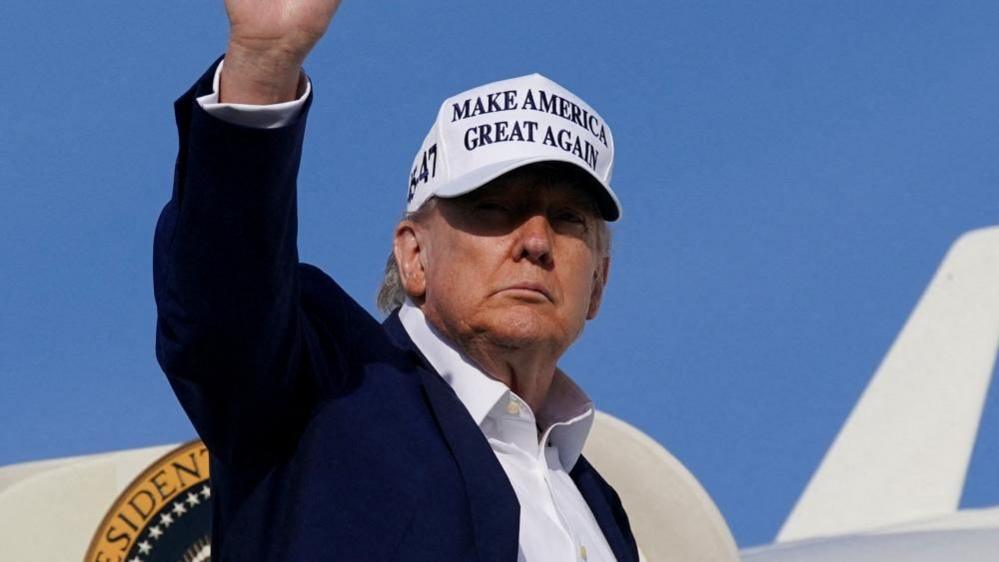President Donald Trump has postponed a planned 50% tariff on European Union imports until July 9, granting the bloc more time to negotiate a trade agreement, and sending European markets higher on Monday.
The delay came after a call between Trump and European Commission President Ursula von der Leyen on Sunday, during which von der Leyen requested an extension to the original deadline. Trump, who had warned Friday that the tariffs would take effect on June 1, said he agreed to the EU’s request.
“We had a very nice call, and I agreed to move it,” Trump told reporters as he returned to Washington from New Jersey. “She said we will rapidly get together and see if we can work something out.”
Von der Leyen confirmed the conversation in a post on X, saying the EU is “ready to advance talks swiftly and decisively” and emphasized that time is needed until July 9 to reach a deal.
European stocks rallied on the news, with the pan-European STOXX 600 index rising 1% after falling 0.9% on Friday following Trump’s earlier tariff threat. Automaker stocks, highly sensitive to tariff announcements, climbed 1.4%, and luxury goods and banking shares also gained. The euro reached its highest level against the U.S. dollar since April 30.
The tariff threat was the latest in a series of escalations by Trump, who has expressed frustration over the pace of trade talks and has long criticized the EU for what he sees as unfair treatment of U.S. goods. Talks between Washington and Brussels have stalled, with the U.S. demanding broader access for American companies, while the EU has pushed for a more reciprocal agreement.
Currently, EU exports to the U.S. face 25% tariffs on steel, aluminum, and vehicles, as well as a 10% reciprocal tariff on most other goods. That levy is scheduled to rise to 20% in July if no agreement is reached. In a worst-case scenario, the tariff could jump to 50%, potentially raising prices on European products ranging from German automobiles to Italian olive oil and French luxury handbags.
Trump’s shift marks a temporary de-escalation in his unpredictable trade policy, which has seen frequent reversals and threats. While the U.S. has recently struck a trade pact with the United Kingdom and made progress in discussions with China, talks with the EU have lagged, exacerbating tensions between Washington and its transatlantic partners.
The delay gives negotiators a narrow window to reach a deal and avoid a new wave of tariffs that could further strain the global economy.

